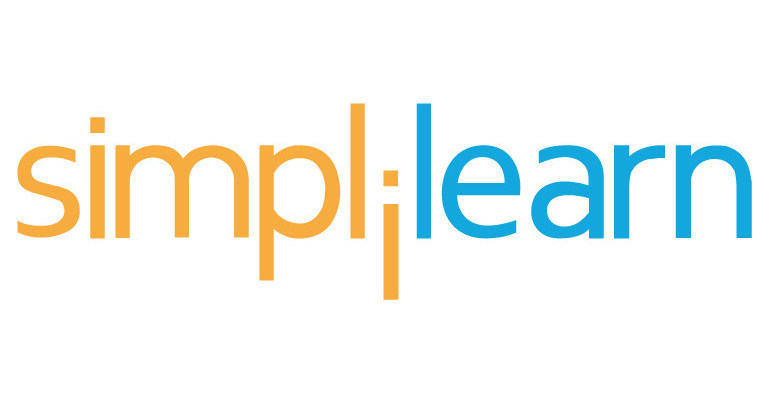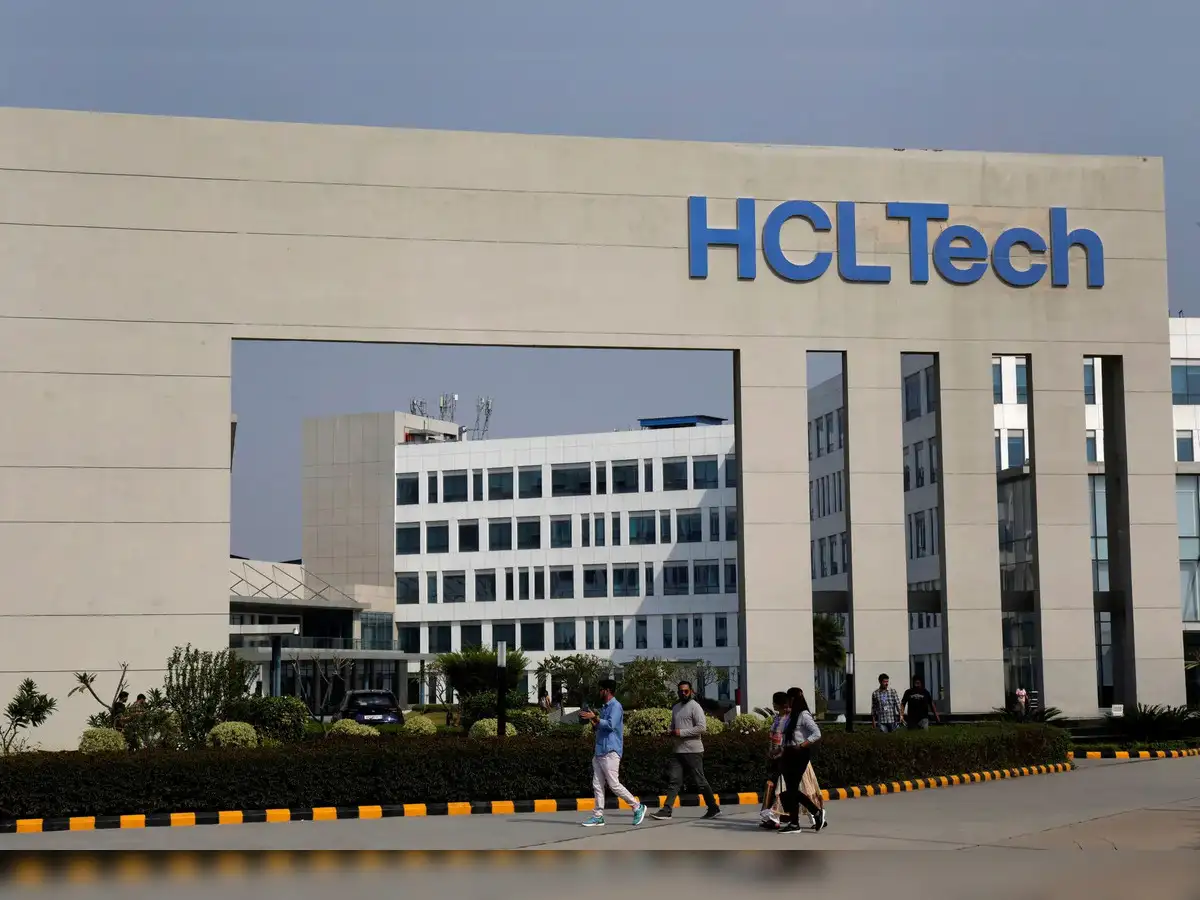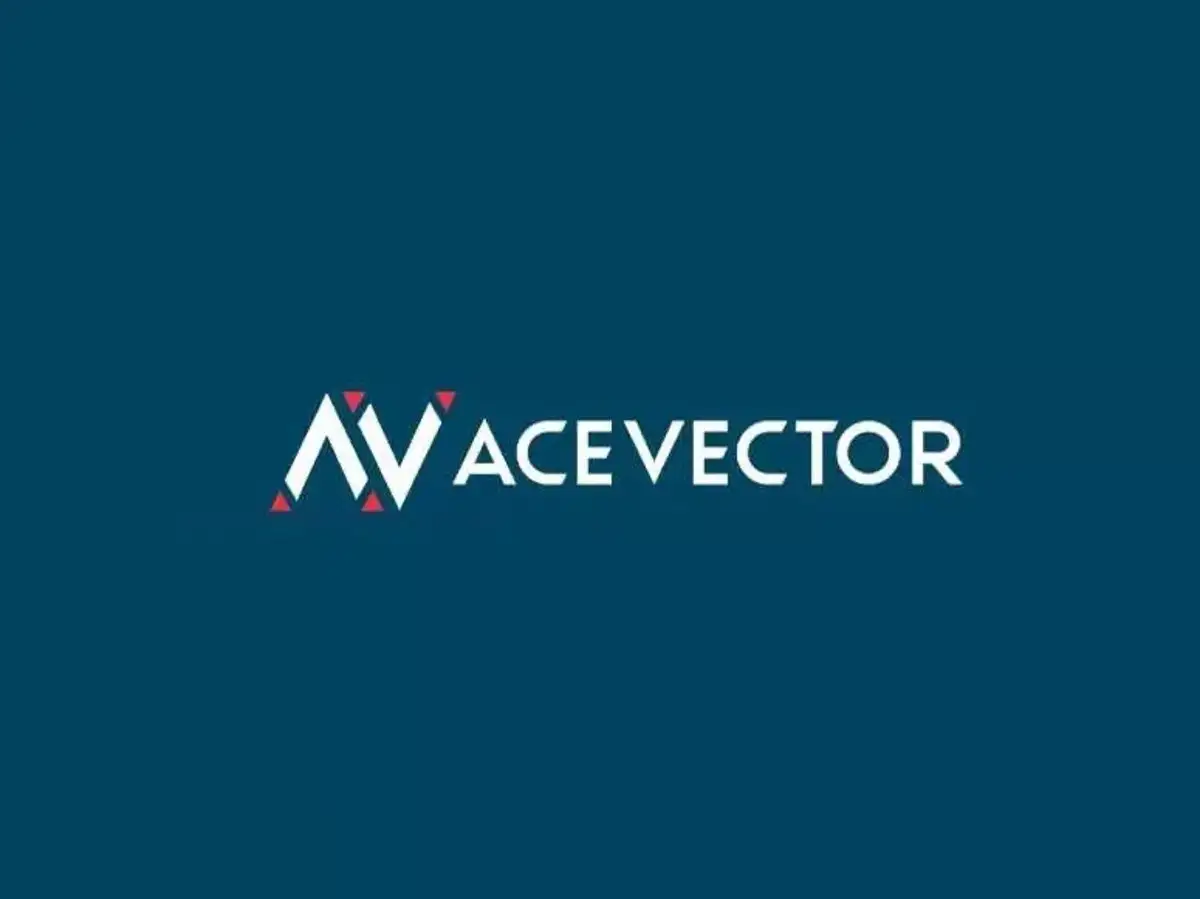
Google hosted its I/O Connect India 2025 event in Bengaluru on Wednesday, unveiling new AI-powered tools and programmes tailored for the Indian developer ecosystem. Eight domestic startups showcased …
Read full articleJuly 23, 2025 • By Research and Markets
Here is a concise summary of the news article: The global online exam proctoring market is projected to grow from $941.3 million in 2024 to $2.1 billion by 2030, at a CAGR of 14.7%. The market is driven by digital education, cost efficiencies, regulatory pressure, and test-taker convenience. Institutions are adopting online proctoring to maintain exam security and provide seamless testing experiences. The report analyzes the market, covering key segments, geographic regions, and 34 companies, including the latest global trade and economic shifts. Key updates include market trends, drivers, and forecasts, helping businesses make informed decisions.

July 22, 2025
Simplilearn, a global leader in digital upskilling, has expanded its free learning platform, SkillUP, with over 100 new Generative AI courses. The comprehensive library features cutting-edge programs on Agentic AI, cloud security, and specialized Gen AI certifications, developed in partnership with industry leaders such as Google, Microsoft, and Databricks. This move comes as global demand for GenAI skills is accelerating rapidly, with nearly half of the workforce receiving formal GenAI training and 45% of companies integrating AI into workflows. Simplilearn's data reflects this surge, recording a 470% year-over-year increase in GenAI enrollments. The company aims to democratize access to high-demand skills, bridging the gap between industry needs and talent availability.

July 22, 2025 • By Cointelegraph by Adrian Zmudzinski
Genius Group, a Singapore-based AI edtech firm, has doubled its Bitcoin holdings to 200 BTC. The company acquired 20 additional BTC at an average price of $106,812, which is 9.5-12.9% lower than the market price. This purchase has already generated a profit of $216,000. Genius Group plans to increase its Bitcoin holdings to 1,000 BTC by the end of 2025 and 10,000 BTC within the next two years. The company also aims to expand its blockchain-based education initiatives, including its Genius Academy platform, which awards students with Genius Education Merits (GEMs) that can be redeemed like airline miles. The passage of the GENIUS Act is expected to help Genius Group accelerate its initiatives and potentially convert GEMs into a stablecoin.

July 22, 2025 • By benzinga.com
Roblox Corp. has launched its new Learning Hub, a portal offering educational experiences developed by leading providers and Roblox creators. The initiative aims to transform how students learn, with partnerships including Google and BBC Games.

July 22, 2025 • By Willow Tohi
The provided text is not a news article, but rather a disclaimer and terms of use statement for a website. It outlines the site's policies on content, free speech, and user agreement, and is not related to a specific news story.

July 22, 2025 • By reuters.com
OpenAI has partnered with the UK government to explore AI use in justice, defense, security, and education. The partnership may also lead to an expansion of OpenAI's London office.

July 21, 2025 • By Matt G. Southern
A recent study by GrowthSRC Media found that Google's top organic click-through rate (CTR) has dropped from 28% to 19% since the expansion of AI Overviews. This 32% decline correlates with the increased appearance of AI Overviews in search results. The study analyzed over 200,000 keywords across various industries and found that position #2 experienced an even steeper decline, with CTRs falling 39%. However, positions 6-10 saw a 30.63% increase in CTRs, suggesting users may be scrolling past AI-generated summaries to find original sources. The study's findings align with reports from major publishers, which have also seen significant drops in CTRs when AI Overviews are present. Experts recommend shifting focus from traditional performance benchmarks to brand visibility, geographic relevance, and overall contribution to revenue or leads. As AI-generated content plays a larger role in discovery, adapting to this environment may involve placing less emphasis on rankings alone and focusing more on how visibility supports broader business goals.

July 21, 2025 • By ETtech
EduFund, an education planning and financing platform, has raised $6 million in funding from Cercano Management and MassMutual Ventures. The funds will be used to scale AI-driven advisory services, expand loan products, and increase presence in tier II and III markets. This brings the total funding raised by EduFund to $12 million. The company aims to help parents plan and finance their children's education from early years to higher studies, amidst rising costs and macroeconomic challenges.

July 21, 2025 • By PTI
The Supreme Court has rejected appeals from the BCCI and Byju's co-founder Riju Raveendran, upholding the NCLAT verdict to proceed with insolvency proceedings against Byju's over a $1.2 billion debt dispute.

July 21, 2025 • By MarketBeat News
Here is a concise summary of the news article: Nebius Group (NASDAQ:NBIS) and Donnelley Financial Solutions (NYSE:DFIN) are compared as investment options. Nebius Group has a higher beta (3.25) and lower institutional ownership (21.9%), while Donnelley Financial Solutions has a lower beta (1.06) and higher institutional ownership (93.8%). Analysts recommend Nebius Group with a consensus price target of $66.80, suggesting a 26.54% potential upside, while Donnelley Financial Solutions has a consensus price target of $71.33, suggesting a 16.63% potential upside. Donnelley Financial Solutions beats Nebius Group on 9 of 15 factors compared, but analysts favor Nebius Group due to its stronger consensus rating and higher possible upside.

July 21, 2025 • By ETtech
HCLSoftware, the software division of HCL Technologies, has partnered with Swiss Network in India to enhance digital infrastructure through the Indo-Swiss Innovation Platform. The collaboration aims to address public sector challenges with citizen-centric solutions, leveraging HCLSoftware's enterprise technologies and XDO blueprint to modernize governance and improve user experience. This partnership will foster knowledge exchange and innovation between Switzerland and India, engaging stakeholders from government, academia, startups, and industry.

July 21, 2025 • By ET Special
The Economic Times and Tracxn will launch a report on the top sectors and startups in Andhra Pradesh and Telangana at the ET Soonicorns Sundowner in Hyderabad on July 31, 2025. The report analyzes startup formation, capital concentration, and investor activity across the region from January 2020 to May 2025. It identifies Healthcare Booking Platforms and HRTech as leading sectors, with EdTech and E-Commerce also driving the startup engine. The report also highlights EVs, Beauty Tech, and Alternative Lending as promising areas for investment. The launch of the report marks a narrative shift in India's startup landscape, recognizing the growth of innovation corridors beyond traditional hubs like Bengaluru.

July 21, 2025 • By Aishwarya Kumar
A new wave of sports-tech startups in India is helping working professionals reconnect with sports they once loved. Platforms like KheloMore, Hudle, and Playo are using technology to find playing partners, book courts, and track progress. The sports-tech sector has raised over $749 million since 2019, with demand rising among urban youth. Startups are offering services like skill-based matchmaking, multi-sport coaching, and AI-based performance tracking. However, monetization remains a challenge due to free online content and regulatory hurdles. To overcome this, platforms are adopting hybrid, full-stack models, and investors are showing growing interest in sports-tech.

July 20, 2025 • By Robert Farrington, Senior Contributor, Robert Farrington, Senior Contributor https://www.forbes.com/sites/robertfarrington/
The article discusses the potential benefits of attending trade school over traditional college. With rising college costs and the impact of artificial intelligence on the job market, trade schools offer a more affordable and stable career path. Trades such as plumbing, HVAC repair, and electrical work are in high demand and often require less education and training than traditional college degrees. According to the Bureau of Labor Statistics, jobs for electricians are expected to increase 11% through 2033, with a mean annual wage of $62,350. Other trades, such as elevator and escalator installers and repairers, can earn a mean annual wage of $106,580. The article suggests that students consider trade school or two-year degree programs, which can provide a better return on investment and more job stability. Additionally, the recently passed One Big Beautiful Bill expands the Pell Grant program to include short-term workforce training programs, making it more accessible for low-income students to attend trade school. Overall, the article argues that trade school can be a viable and lucrative alternative to traditional college.

July 19, 2025 • By NDTV Profit Desk
AceVector, the parent company of Snapdeal, has confidentially filed its initial public offering (IPO) documents with the Securities and Exchange Board of India (SEBI). The company, founded by Kunal Bahl and Rohit Bansal, operates beyond Snapdeal with Unicommerce and Stellar Brands. By choosing the confidential pre-filing route, AceVector can keep its draft red herring prospectus private until later stages, allowing for greater flexibility in its IPO plans. This route has been increasingly popular among Indian firms, including INOX Clean Energy, Shadowfax Technologies, and Imagine Marketing, as it reduces pressure to go public quickly and provides an extended window of 18 months to launch the IPO.

July 19, 2025 • By PTI
Glas Trust, a US-based lender agent, has alleged that Byju's founders' threat to file a defamation case is an attempt to distract from the facts after several court orders against them regarding a $1.2 billion debt. Byju's counsel refutes these claims, stating that the legal proceedings are ongoing and the contempt order is being contested. The founders, Byju Raveendran and Divya Gokulnath, plan to file a $2.5 billion suit against Glas Trust for damage to their reputation and business. Glas Trust controls Byju's Alpha, which has filed a lawsuit against the founders, alleging a scheme to conceal and steal $533 million of loan proceeds. The US lenders' agent claims to have acted within its rights, while Byju's counsel accuses Glas Trust of misrepresentation.

July 19, 2025 • By PTI
AceVector, the parent company of Snapdeal, has submitted draft papers to SEBI for an initial public offering (IPO). The company has opted for confidential pre-filing, which allows for flexibility in IPO plans. AceVector also operates Unicommerce and Stellar Brands, with Unicommerce becoming a public company in 2024. This move follows several other companies choosing the same route for their IPOs.

July 19, 2025 • By PTI
AceVector, the parent company of Snapdeal, has confidentially filed draft papers with Sebi to raise funds through an IPO. The company operates Snapdeal, Unicommerce, and Stellar Brands. Unicommerce became a public company in 2024. AceVector opted for confidential pre-filing, which offers flexibility in IPO plans. Several other companies have chosen this route, which allows them to withhold public disclosure of IPO details until later stages. The pre-filing route extends the window to launch an IPO to 18 months and allows firms to modify the primary issue size by up to 50%.

July 19, 2025 • By PTI
AceVector, the parent company of e-commerce marketplace Snapdeal, has confidentially filed draft papers with SEBI to raise funds through an initial public offering (IPO). The company, founded by Kunal Bahl and Rohit Bansal, operates several businesses, including Unicommerce and Stellar Brands. AceVector opted for the confidential pre-filing route, which allows it to withhold public disclosure of IPO details until later stages. This route is gaining traction among Indian firms aiming for flexibility in their IPO plans, offering greater flexibility and reducing pressure to go public quickly.